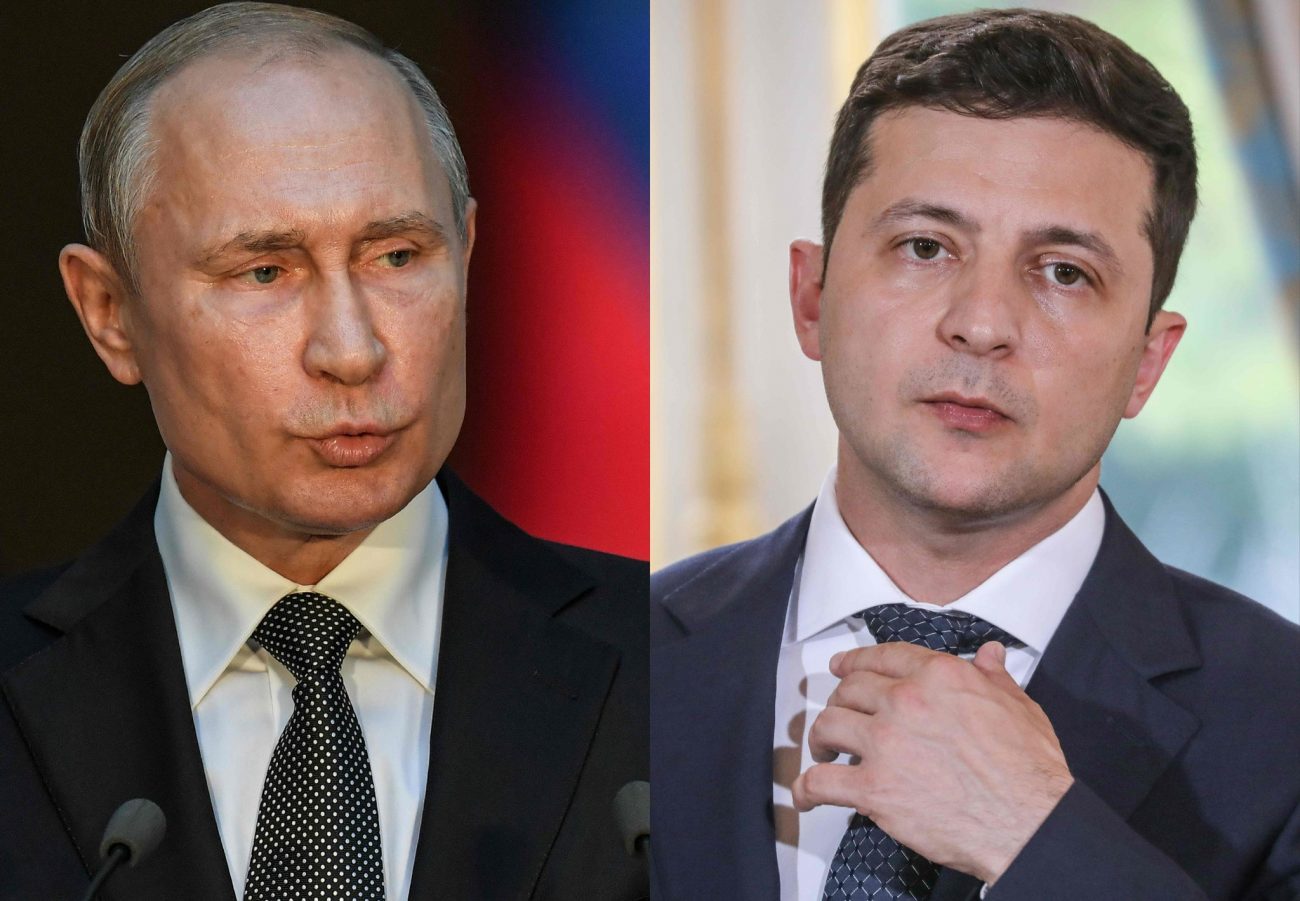As the capital of a neutral country at the crossroads between East and West, and one that hosts important branches of the United Nations, OPEC and other international organizations, Vienna had long been a hotbed for global espionage.
That explains why Russia has more accredited diplomats and Russian support staff in the city — 258 — than almost anywhere else in the world.
About one-third, intelligence experts say, are likely spies.
Intelligence officials suspect Wirecard COO Jan Marsalek of colluding with the far-right Freedom Party on Moscow’s behalf. . .It is way more than a twice-told tale on intrigue
The incursion — pitting the police against the spy service, known as the BVT — unleashed a firestorm that shattered Austria’s reputation in the intelligence world and led to the agency’s closure.
More than six years later, the true scope of what transpired that day is only now coming into focus.
“Austria is interesting for the Russians because they can use it as a platform for spying operations against other European countries,” said Thomas Riegler, a Vienna-based historian who has written extensively on Austrian intelligence.
Now he's going after its government
Matthew Karnitschnig
Illustration by Robert Carter for POLITICO
Intelligence officials tell POLITICO that new evidence suggests the raid was part of a Moscow-led operation to discredit Austria’s spy services in order to rebuild them with new leadership under the Kremlin’s influence.
Crucial to that effort, they say, was the junior partner in the government coalition at the time: the far-right, pro-Russia Freedom Party (FPÖ), which today is the most popular party in the country.
Last month, Austrian prosecutors revealed that the men believed to have laid the groundwork for the action were Russian agents directed by Jan Marsalek, the fugitive former chief operating officer of the collapsed payment processing firm Wirecard, who authorities say works for Russia’s GRU military intelligence agency.
The suggestion of a Moscow-led conspiracy is explosive for a number of reasons.
- For one, it appears to have nearly succeeded. Were it not for the so-called Ibiza scandal in 2019 (in which the FPÖ’s then-leader was caught on video trying to sell political influence to a woman he believed to be the niece of a Russian oligarch), there may have been nothing to stop the plan from coming to fruition. Instead, the Ibiza affair triggered the government’s collapse, pushing the FPÖ into opposition where it has remained since.
- Most worrying, however, is that the man ultimately responsible for the BVT raid, then-Interior Minister Herbert Kickl, now heads the FPÖ — which makes him a leading candidate to become Austria’s next chancellor after elections later this year.
The honeytrap: How Russia recruited Jan Marsalek
In Marsalek, a well-spoken polyglot who had a taste for adventure and didn’t mind getting his hands dirty, the Russians found a perfect vehicle to infiltrate Austria’s security establishment.
The Vienna-born executive had an unorthodox CV for the No. 2 position in a blue-chip company. After leaving home and ditching school at 19, he joined Wirecard as its chief technology officer in 2000, when the firm’s core business was processing payments for online gambling and pornography.
The Vienna-born executive had an unorthodox CV for the No. 2 position in a blue-chip company. After leaving home and ditching school at 19, he joined Wirecard as its chief technology officer in 2000, when the firm’s core business was processing payments for online gambling and pornography.
A lifelong bachelor with a reputation as a thrill seeker (one of his Russian handlers later took him to Palmyra in Syria to see the war there up close), Marsalek, then in his mid-30s, was ripe for the taking.
Her name was “Natasha.” An erotic model who had once played a Russian agent in a vampire B-movie called “Red Lips II-Blood Lust,” Natasha, aka Natalia Zlobina, met Marsalek in 2013. . .
At first, Russian intelligence was primarily interested in Marsalek for his connection to Wirecard. Investigators believe the Russians used the firm to launder money, pay off mercenaries and fund other illicit activities.
Over time, however, they began to grasp the value of Marsalek’s Austrian connections.
The infiltration of Austria’s spy service
Vienna tries, and fails, to shut Marsalek down
Before Marsalek could complete his grand plan to rebuild Austria’s intelligence service around his agents, however, Ibiza got in the way.
A private detective released a video showing Strache, then FPÖ leader, offering lucrative government contracts in exchange for campaign help from a woman he believed was the niece of a Russian oligarch.
The hours-long, alcohol-fueled encounter at a finca on the Spanish island had been filmed two years earlier in 2017.
A private detective released a video showing Strache, then FPÖ leader, offering lucrative government contracts in exchange for campaign help from a woman he believed was the niece of a Russian oligarch.
The hours-long, alcohol-fueled encounter at a finca on the Spanish island had been filmed two years earlier in 2017.
But the ensuing scandal enveloped the FPÖ like a wildfire, triggering the government’s collapse and forcing the party from power. With his political allies out of office, Marsalek’s operation collapsed.
By then the Wirecard COO also had bigger worries. The Financial Times had published a series of articles pointing to grave irregularities in the firm’s accounting; the authorities were circling, and investors were fleeing.
By then the Wirecard COO also had bigger worries. The Financial Times had published a series of articles pointing to grave irregularities in the firm’s accounting; the authorities were circling, and investors were fleeing.
On June 18, 2020 Wirecard acknowledged that nearly €2 billion, one-quarter of its assets, were missing from its accounts. . ."
=============================================================






.gif)











No comments:
Post a Comment